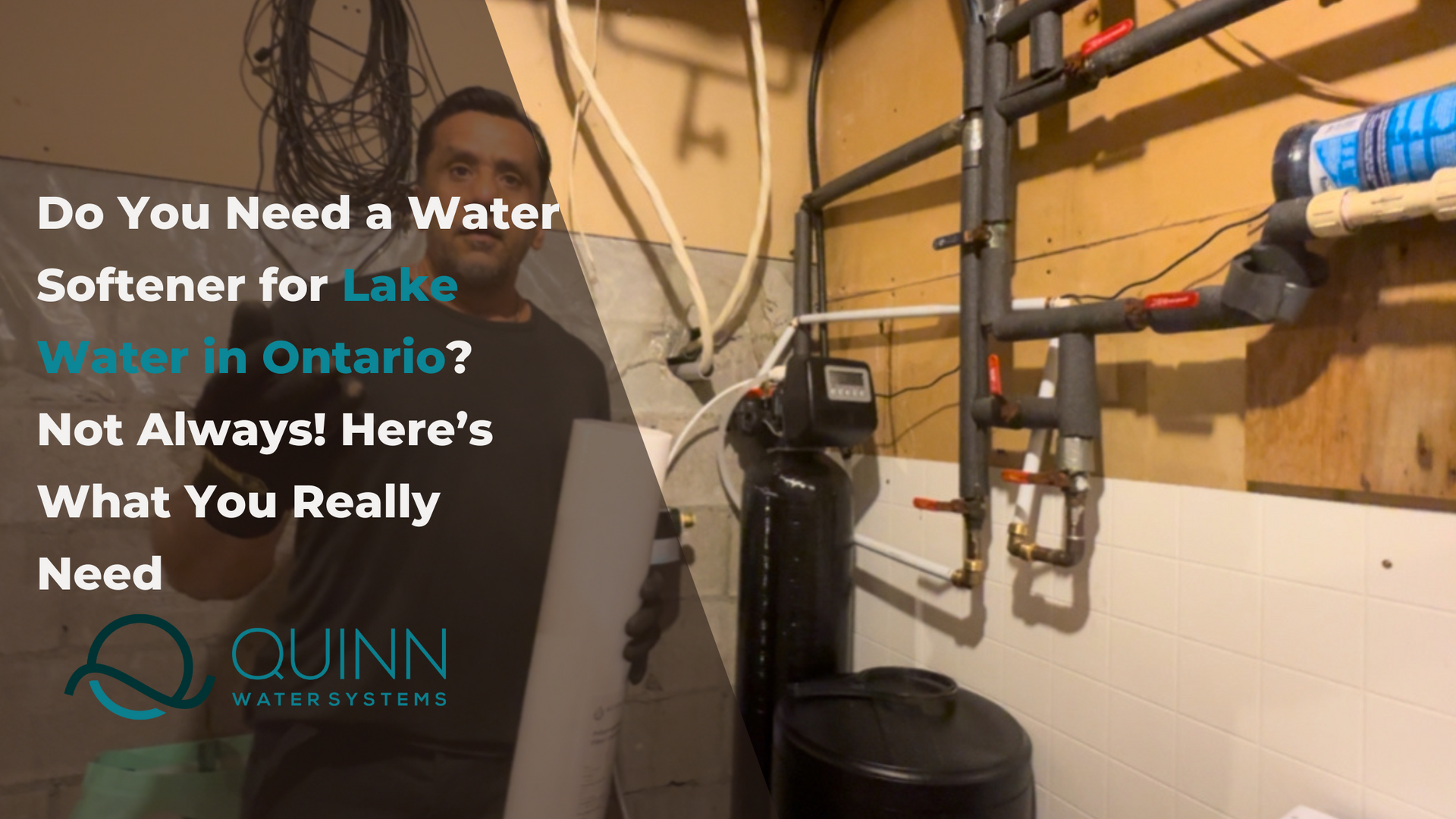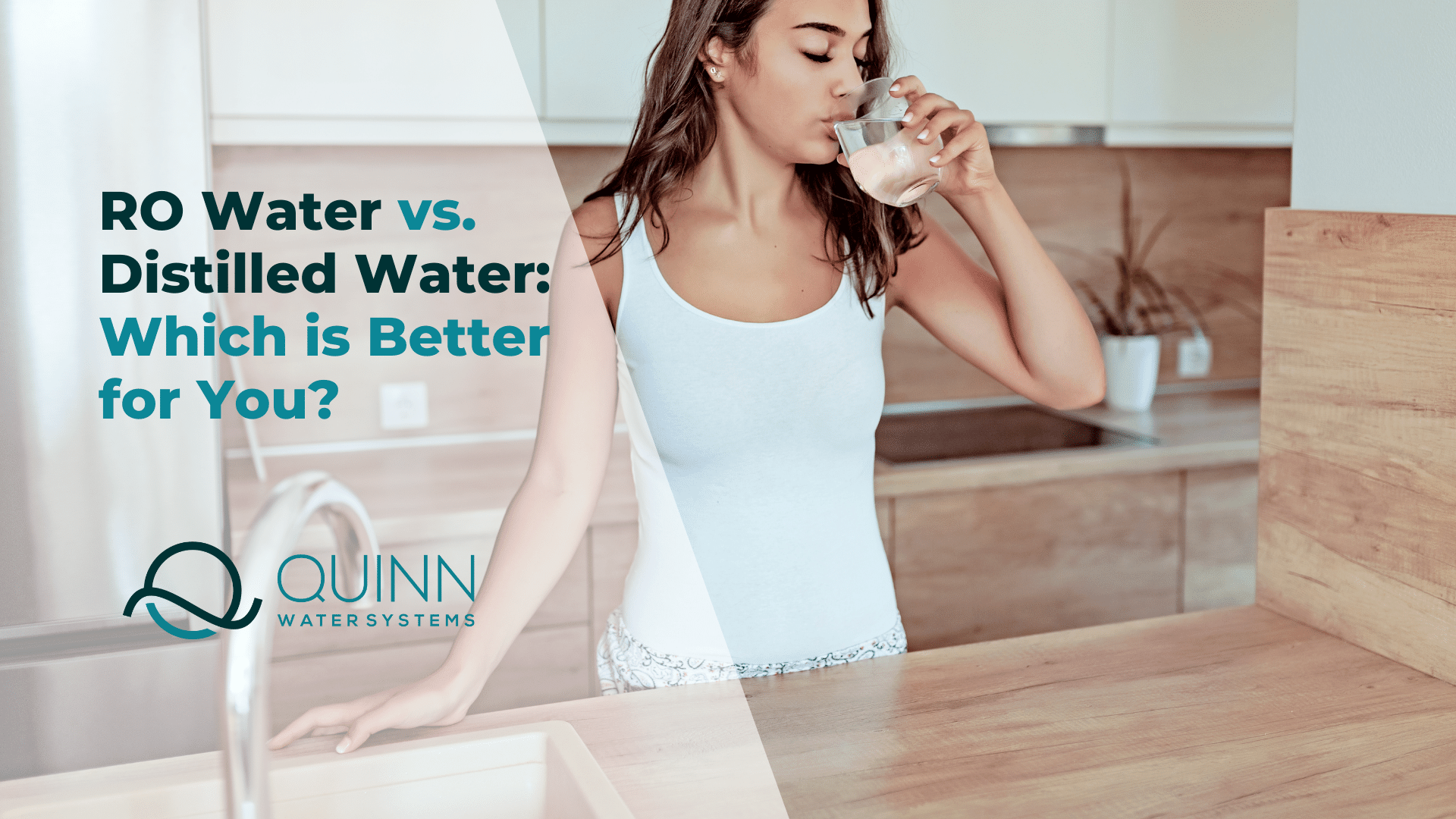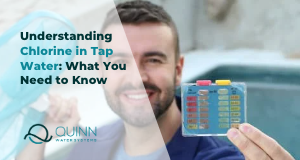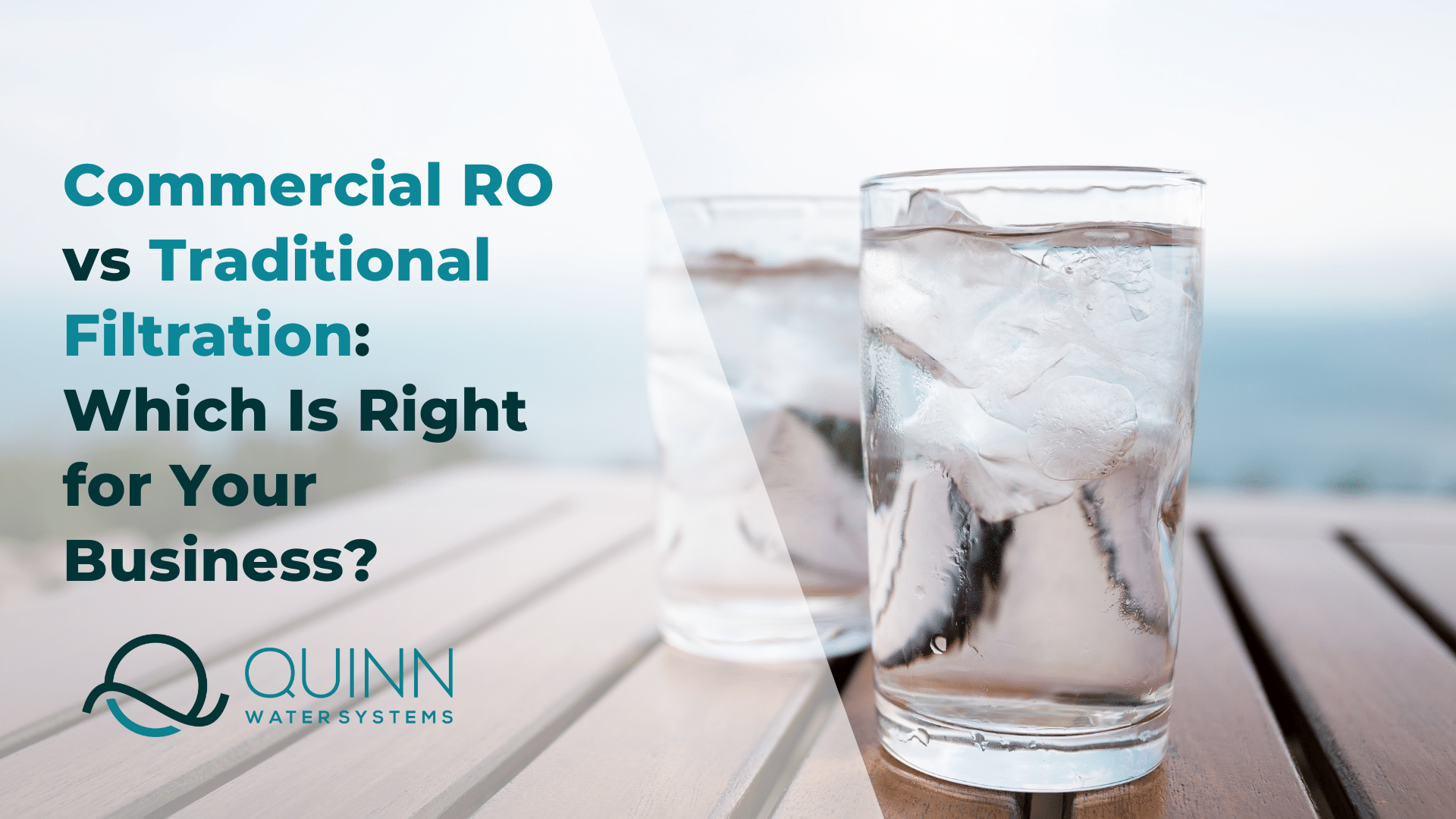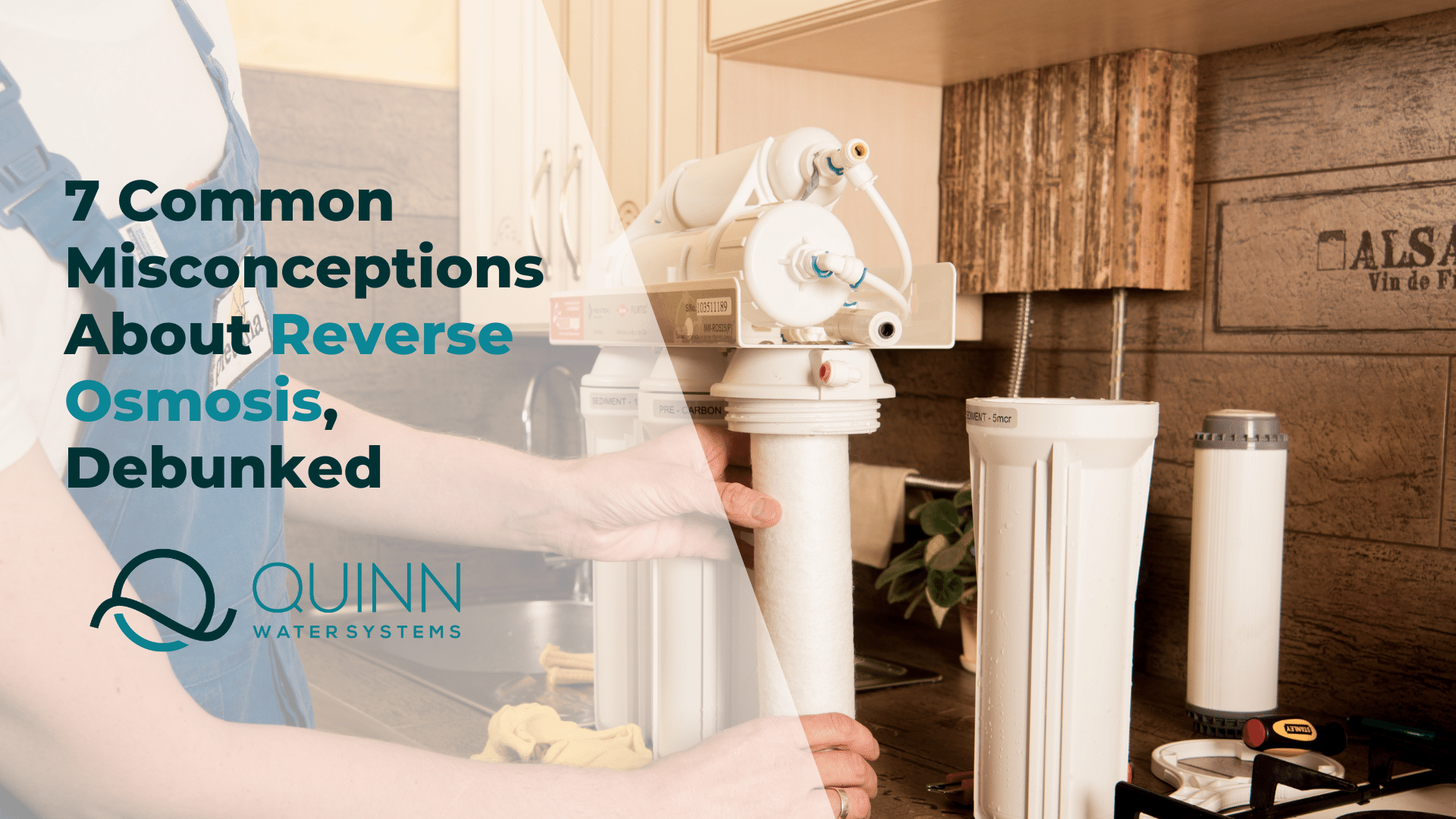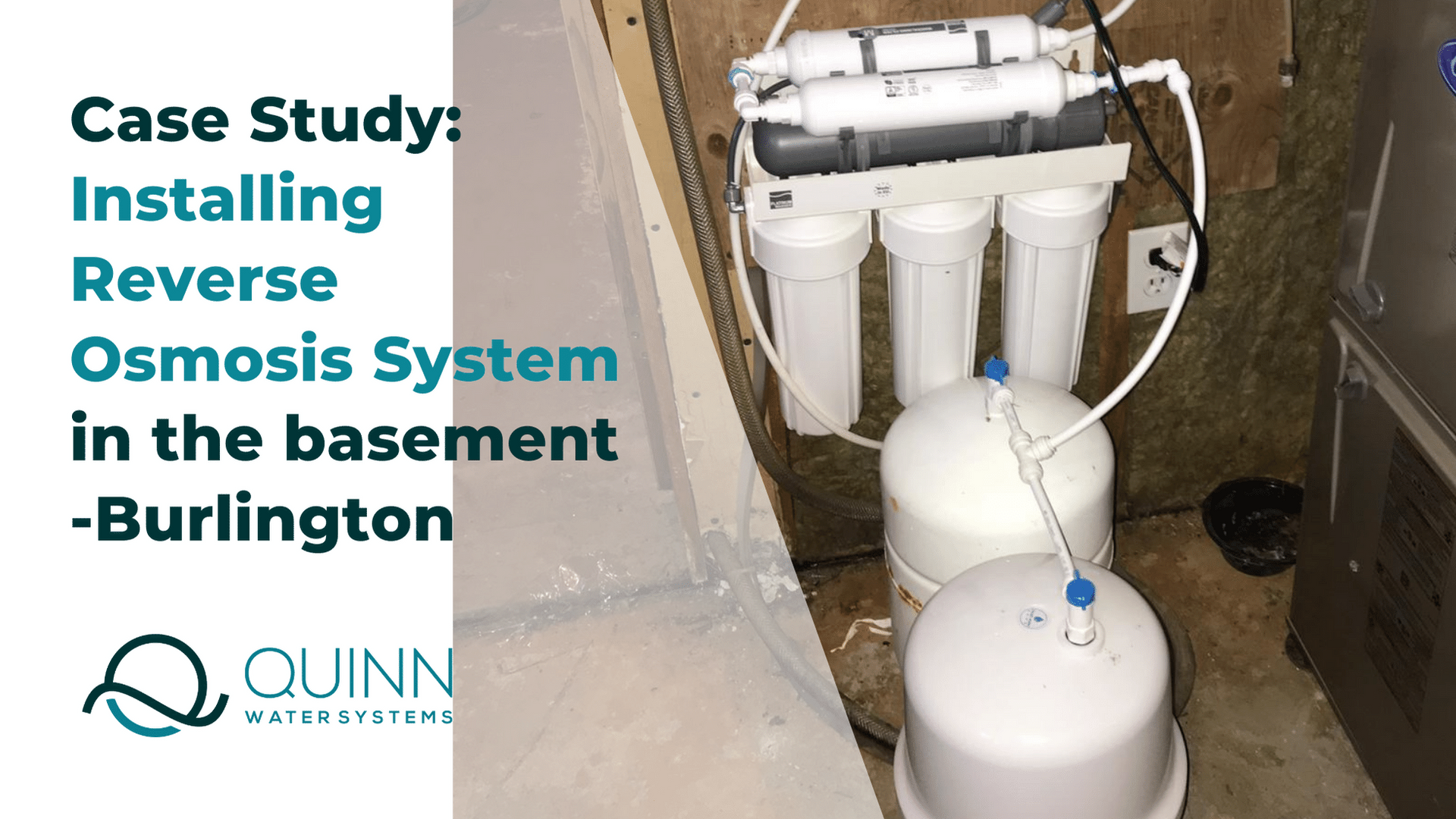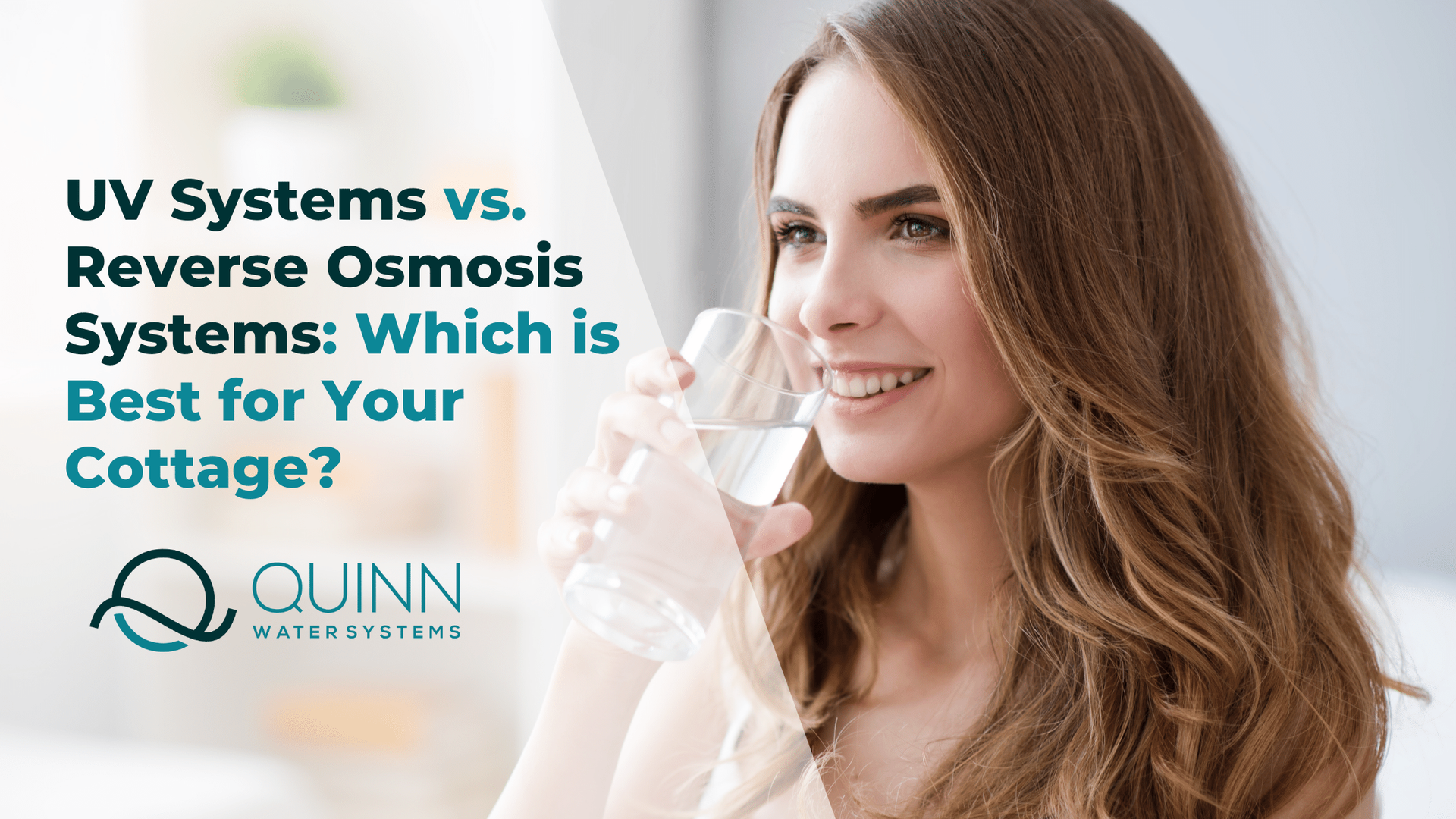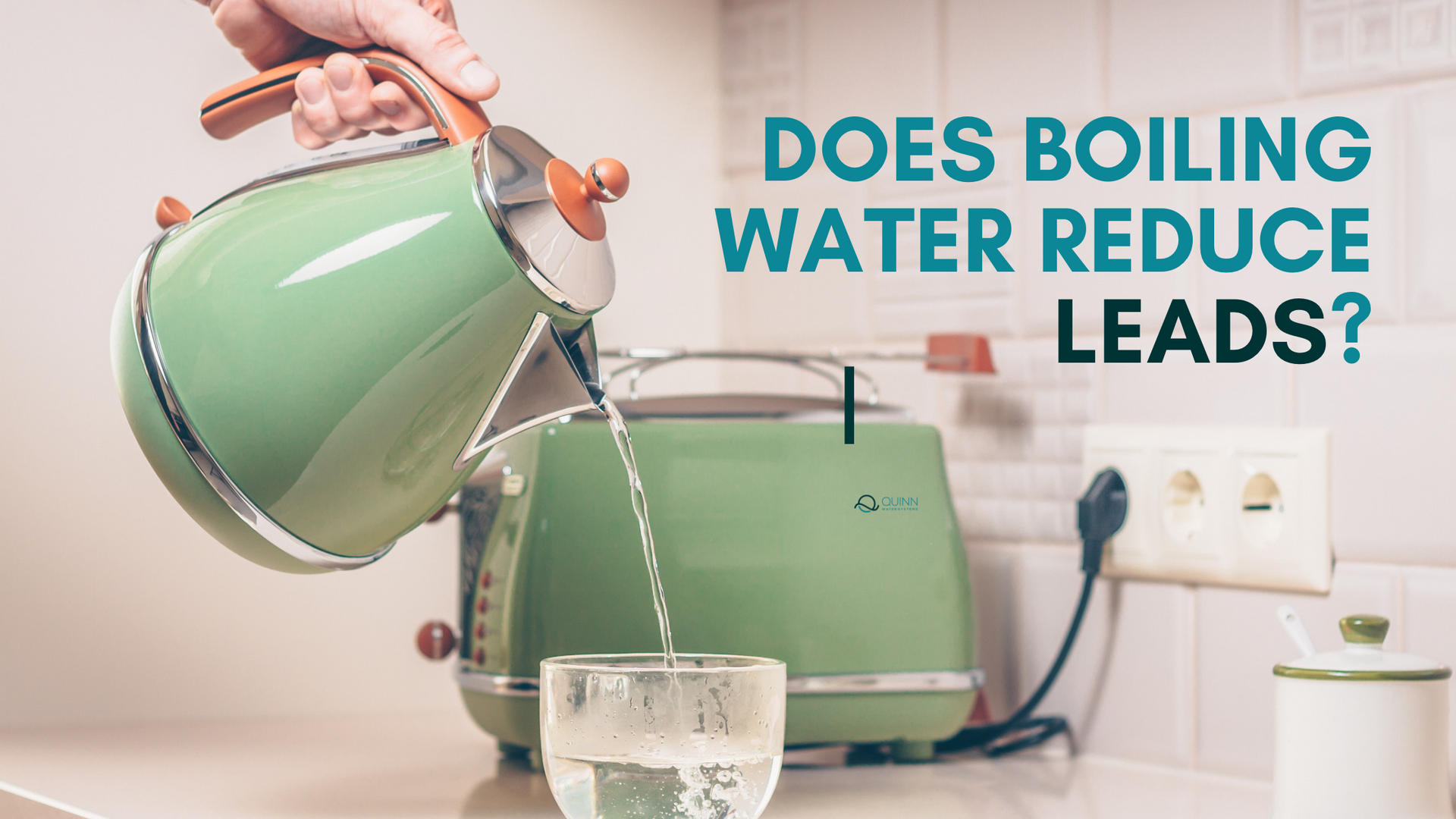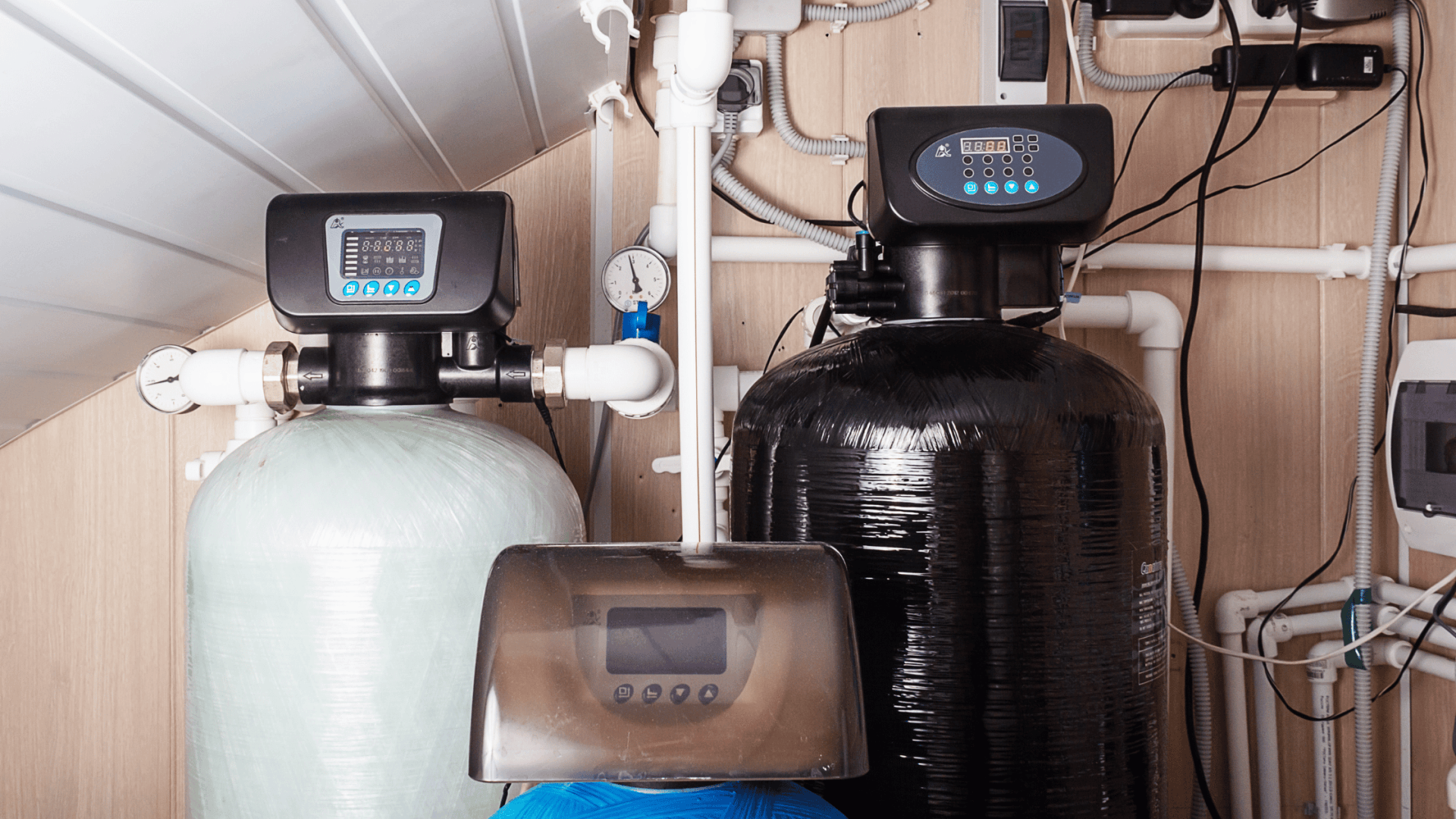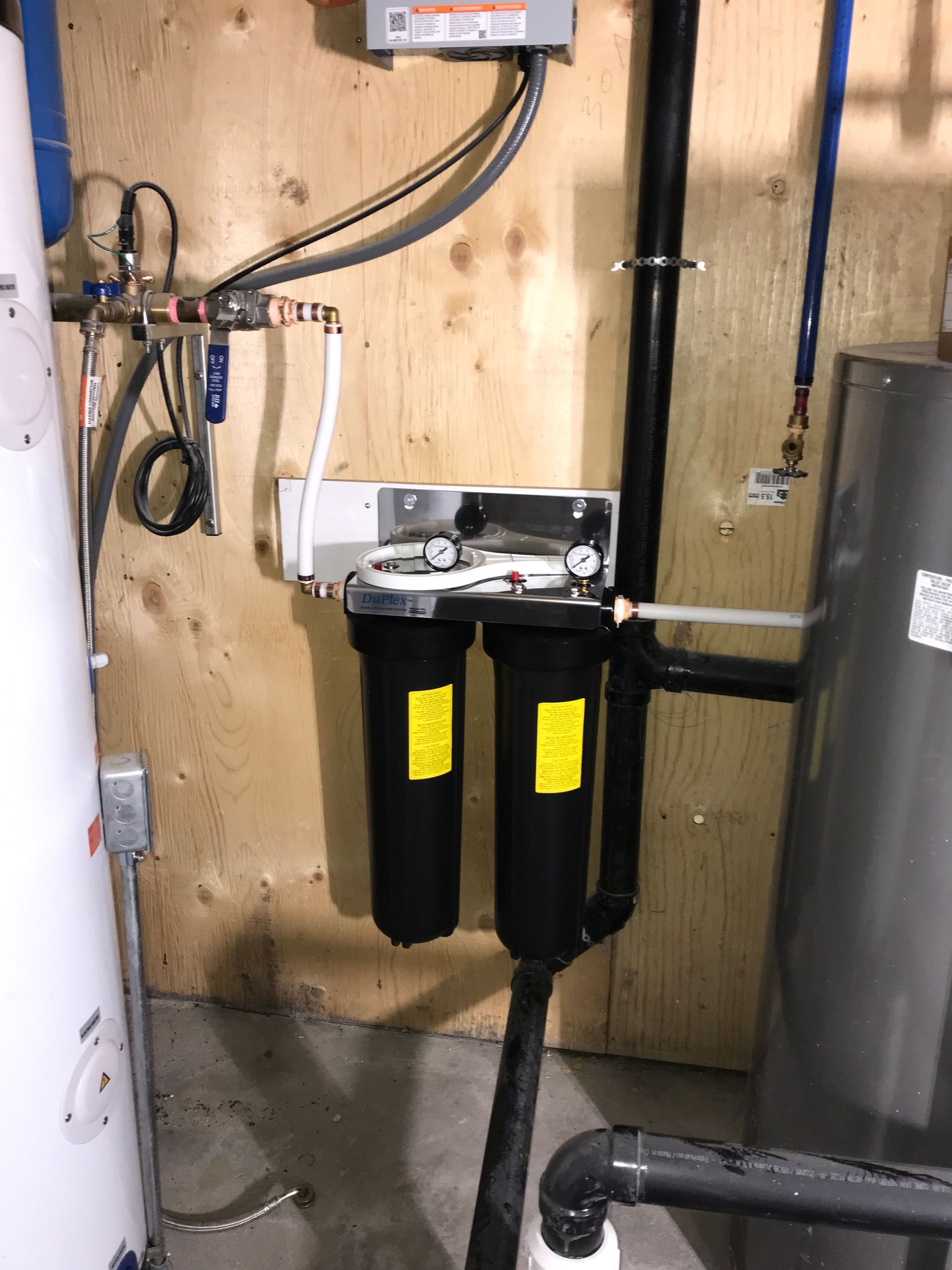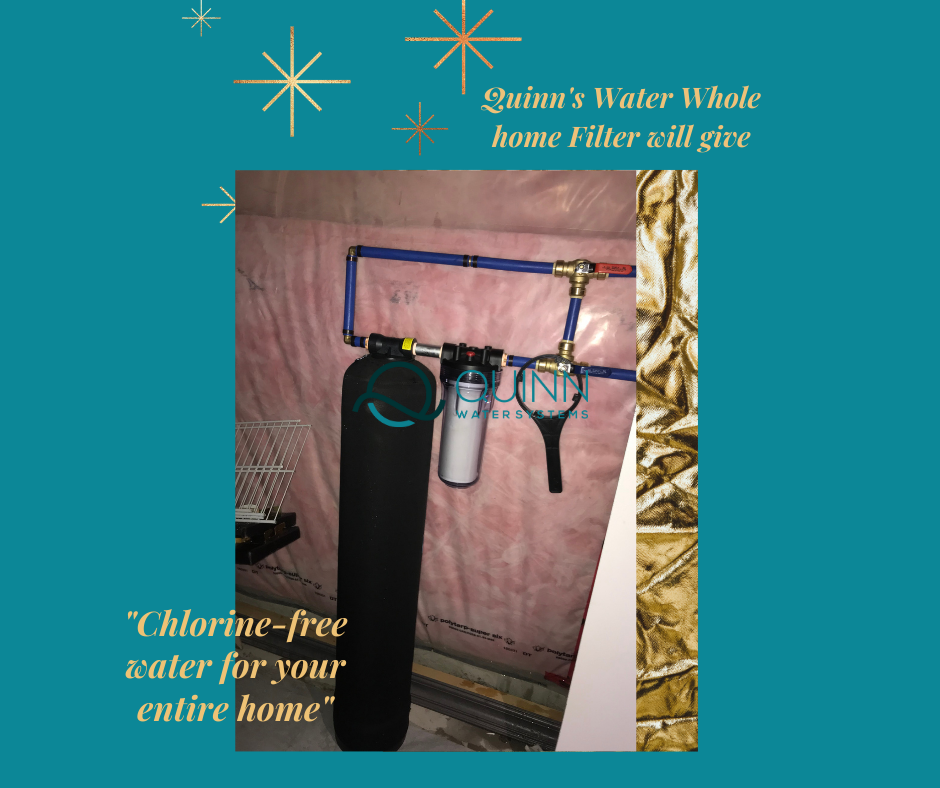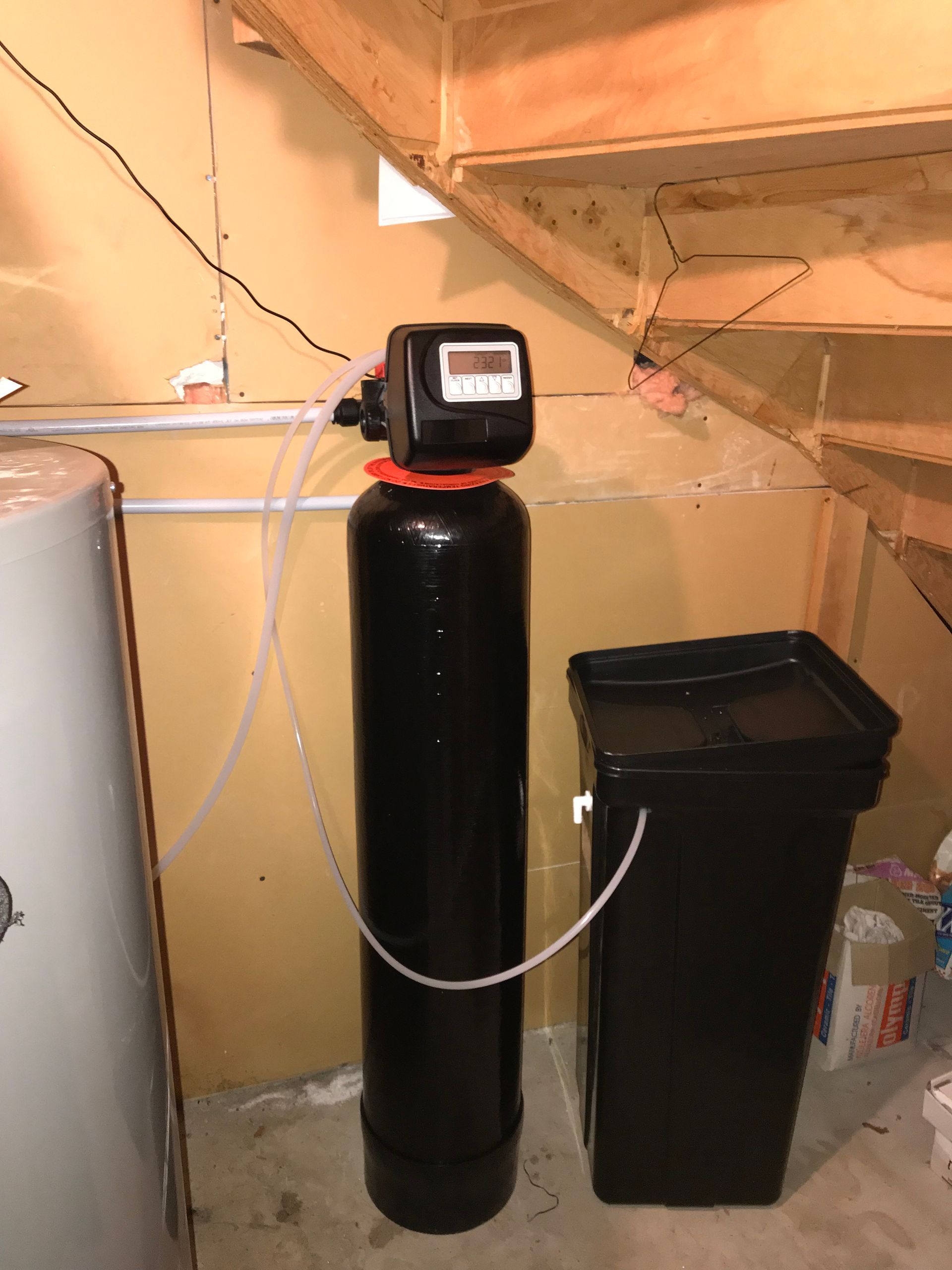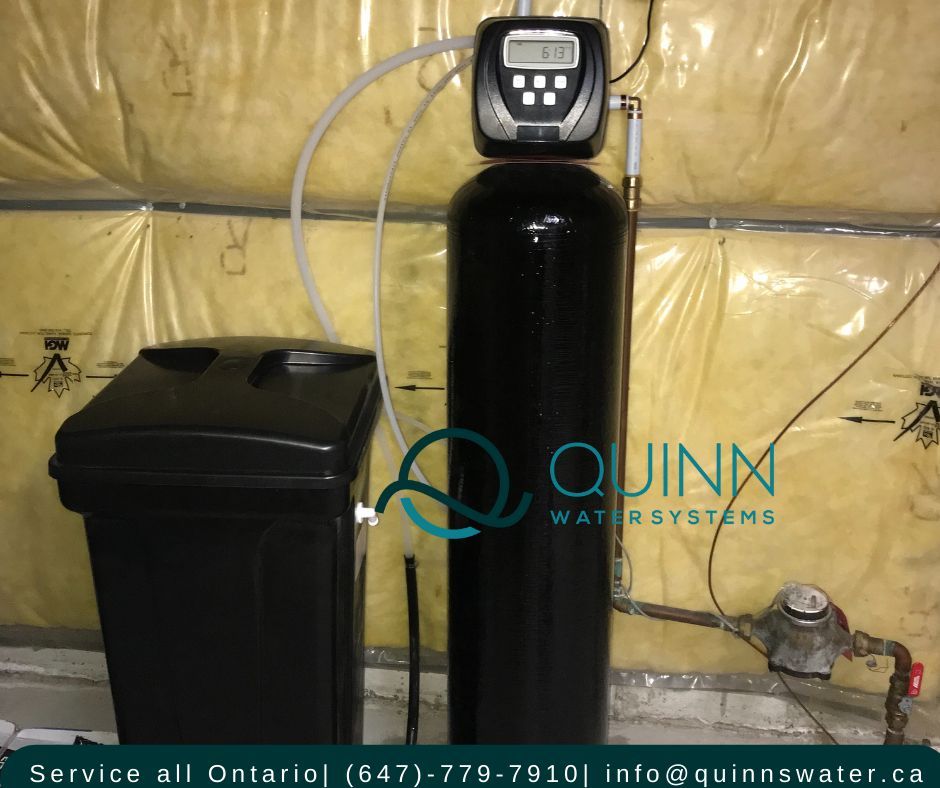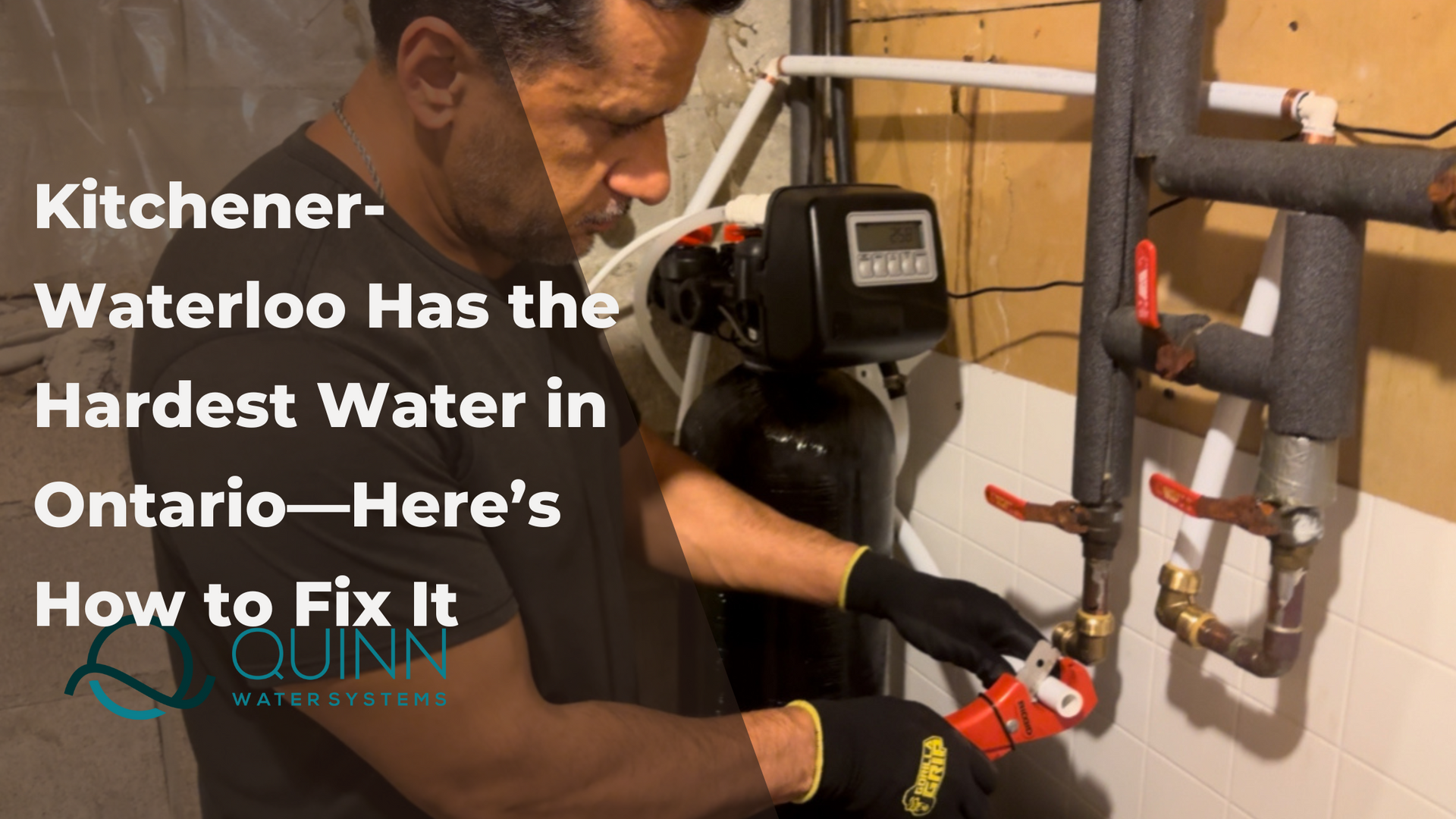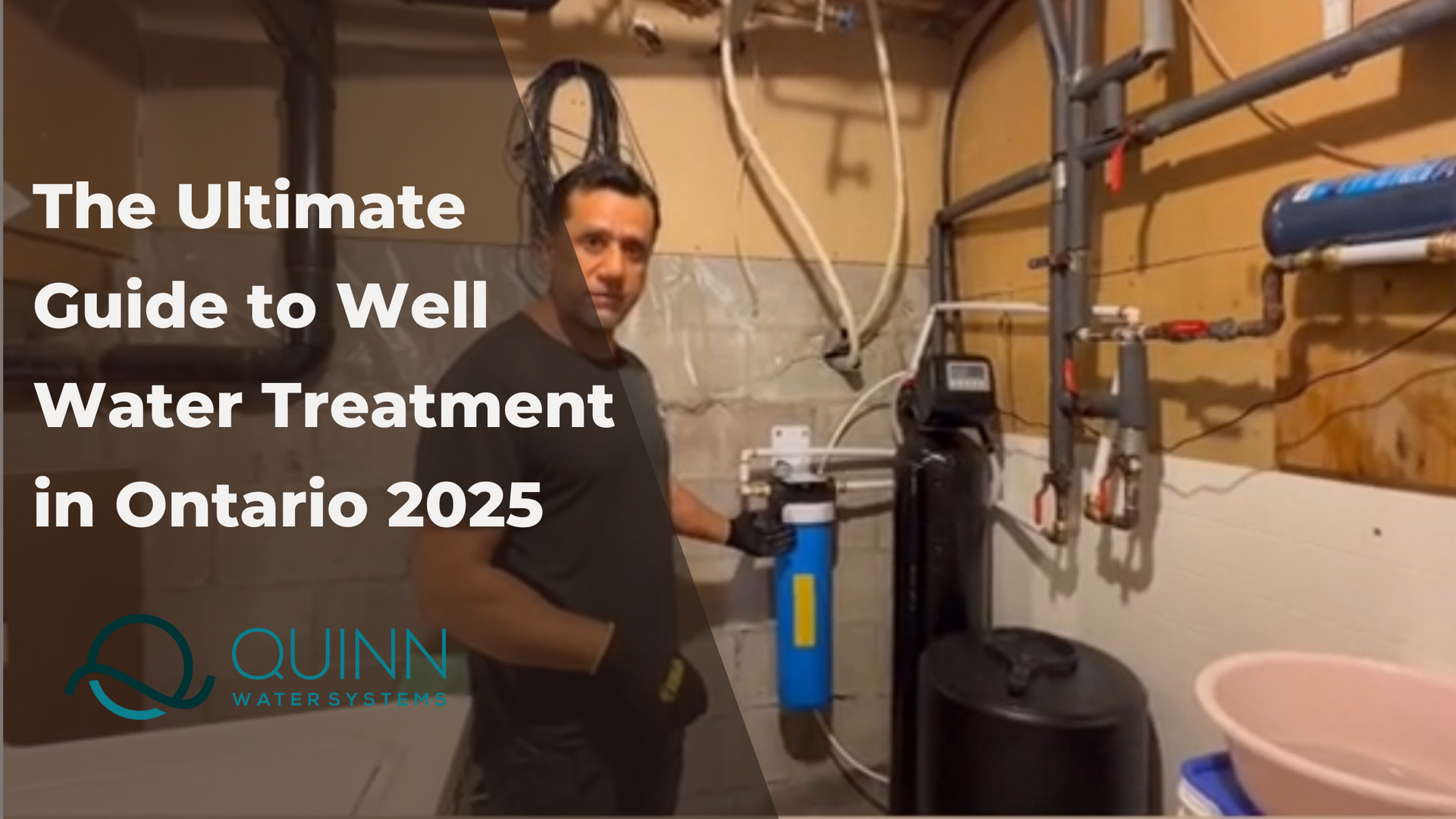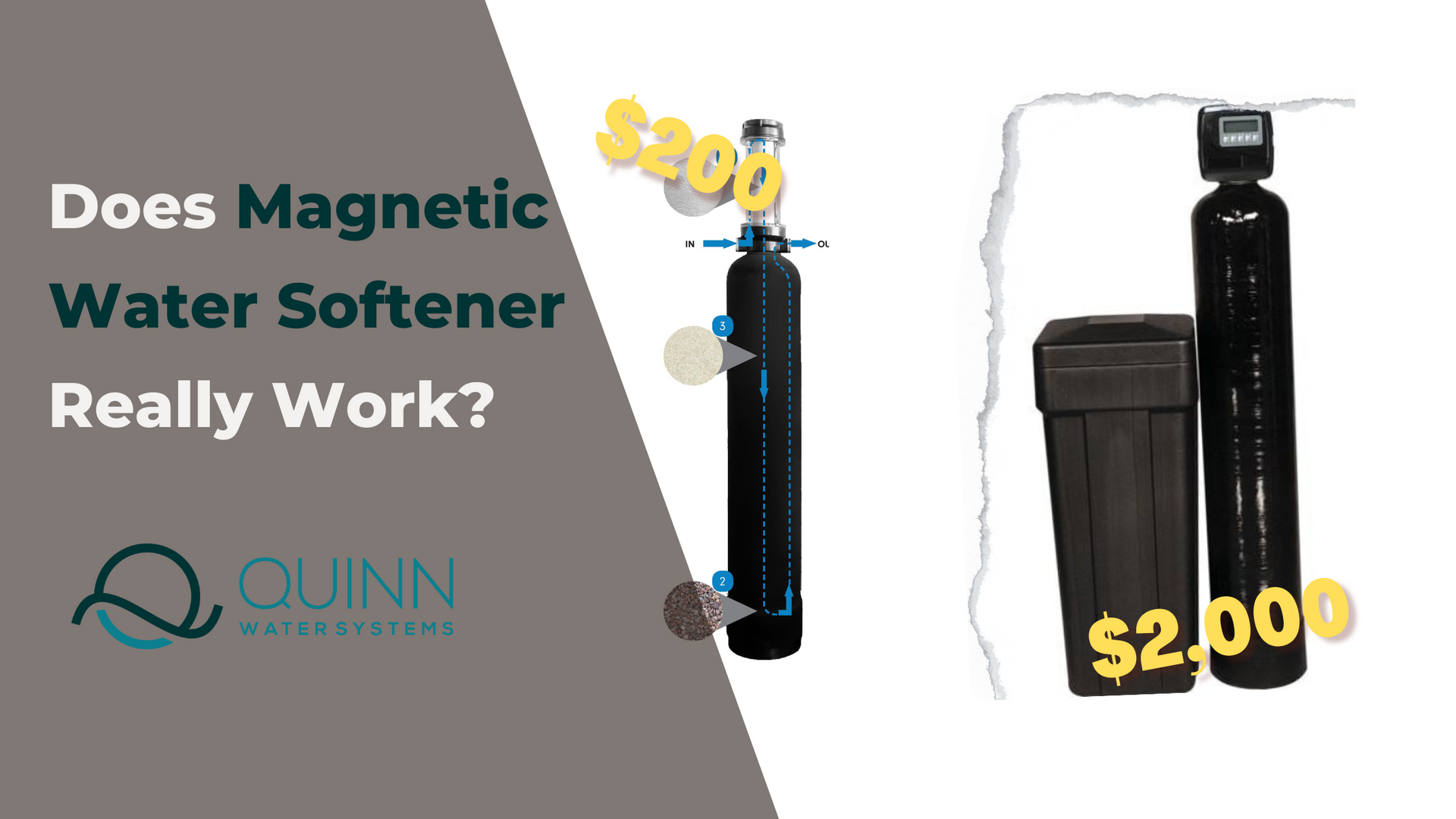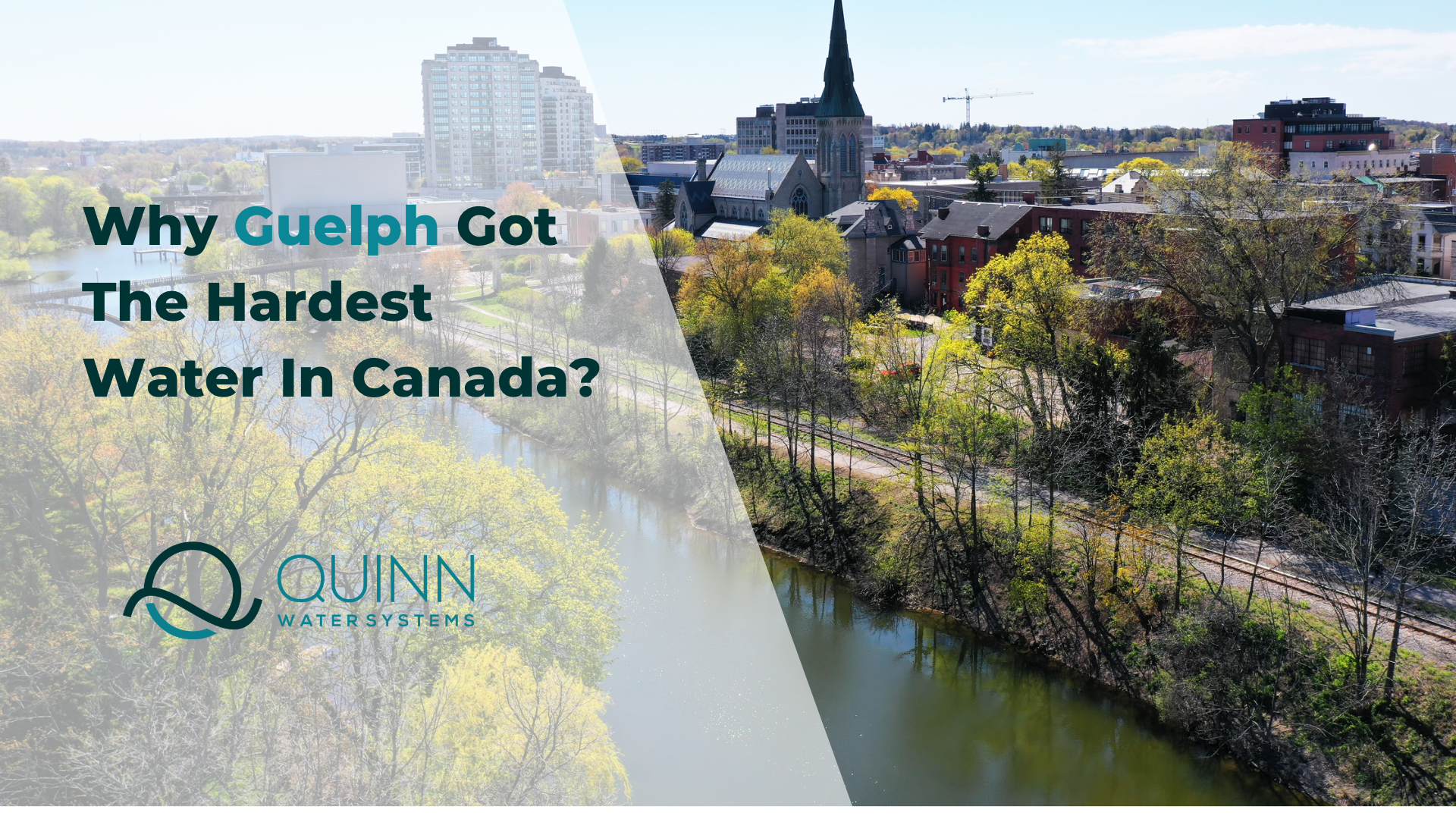UV disinfection is a popular method for removing bacteria and viruses from cottage water sources. UV light works by disrupting the DNA of bacteria and viruses, rendering them unable to reproduce and causing them to die off. UV disinfection is effective against a wide range of bacteria and viruses, and does not add any chemicals to your water.
Cottage Water Filtration 101: Understanding Common Contaminants in Your Water and How to Remove Them
If you own a cottage in Ontario, you know how important it is to have clean and safe water for your family and guests. Unfortunately, many cottage water sources can be contaminated with common pollutants such as bacteria, sediment, chemicals, and hard water minerals. That's where cottage water filtration comes in. In this guide, we'll explore some of the most common contaminants found in cottage water sources, and explain how different types of water filtration systems can help remove them. Whether you're new to cottage ownership or a seasoned pro, understanding the basics of cottage water filtration is essential for protecting the health and well-being of everyone who enjoys your summer getaway.
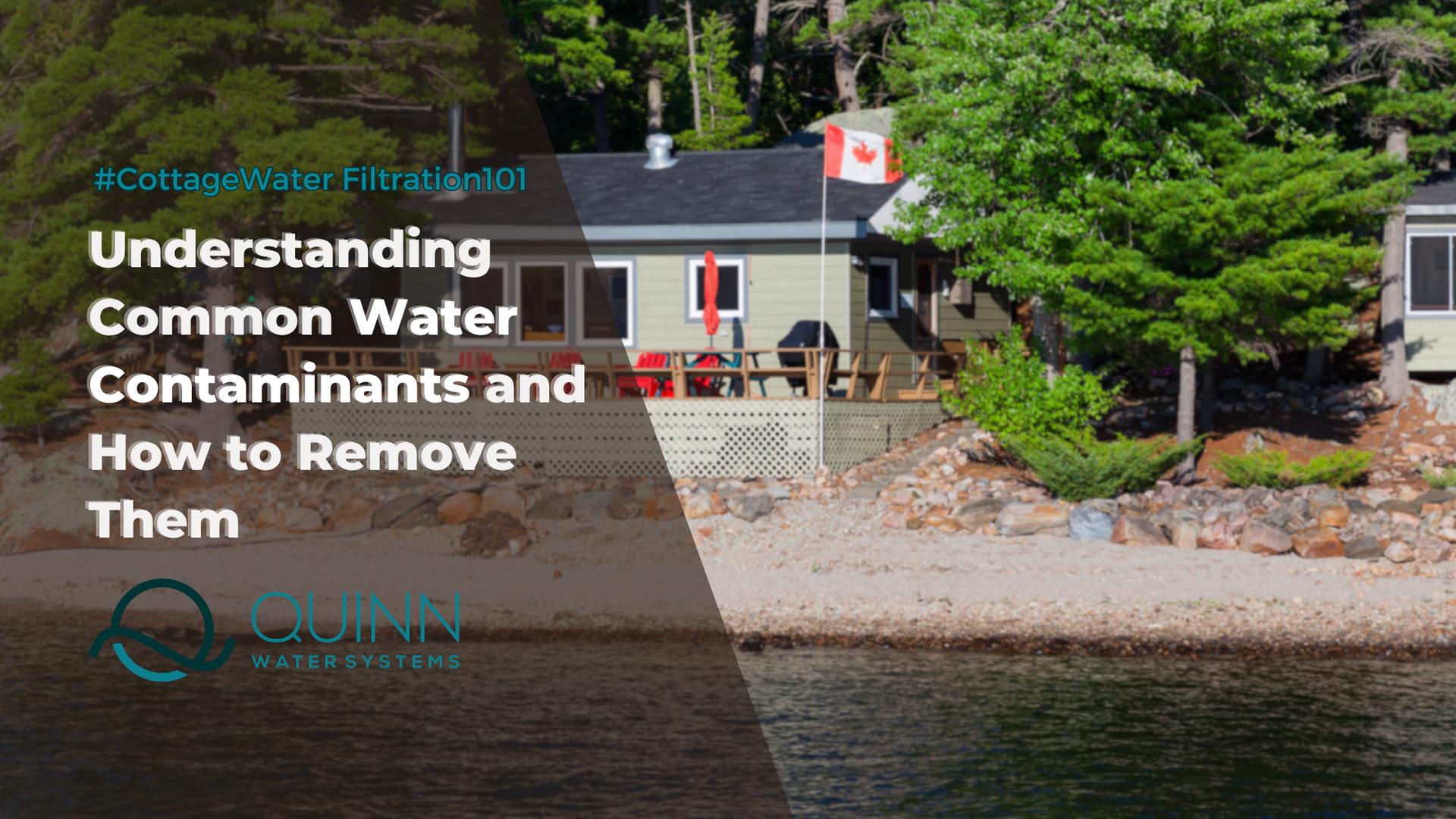
Common Contaminants in Cottage Water Sources
When it comes to cottage water sources, there are several common contaminants that can be found in both well water and lake water. These contaminants can negatively affect the taste and quality of your water, as well as pose a health risk to you and your family. Here are some of the most common contaminants that cottage water filtration systems can help remove:
Bacteria and Viruses:
Bacteria and viruses can be found in both well water and lake water, and can cause a range of illnesses from mild stomach upset to more serious infections. In Ontario, well water can be particularly susceptible to bacterial contamination if the well is not properly maintained or if there are sources of contamination nearby.
Sediment and Debris
Sediment and debris are common in lake water sources and can make your water appear cloudy or murky. These particles can also clog pipes and fixtures, leading to reduced water pressure and damage to your plumbing system.
Chemicals and Heavy Metals:
Chemicals and heavy metals can leach into well water from nearby agricultural or industrial sources, or from
natural deposits in the surrounding rock and soil. These contaminants can affect the taste and quality of your water and pose a health risk if consumed over long periods of time.
Hard Water Minerals
Hard water minerals, such as calcium and magnesium, can cause scaling and buildup in your pipes and fixtures, leading to reduced water flow and damage to your plumbing system. Hard water can also affect the taste and quality of your water, and make it more difficult to clean dishes and laundry.
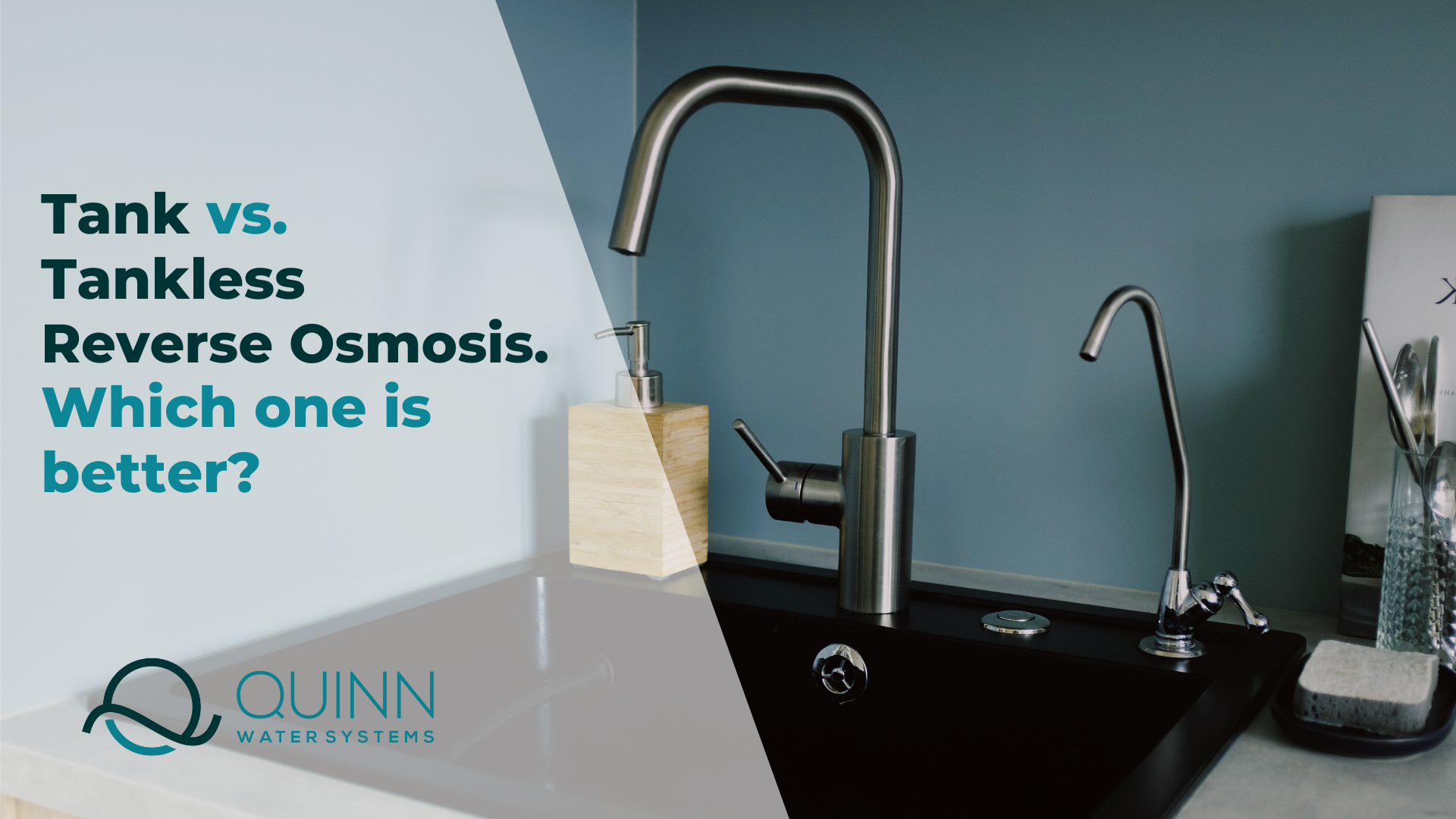
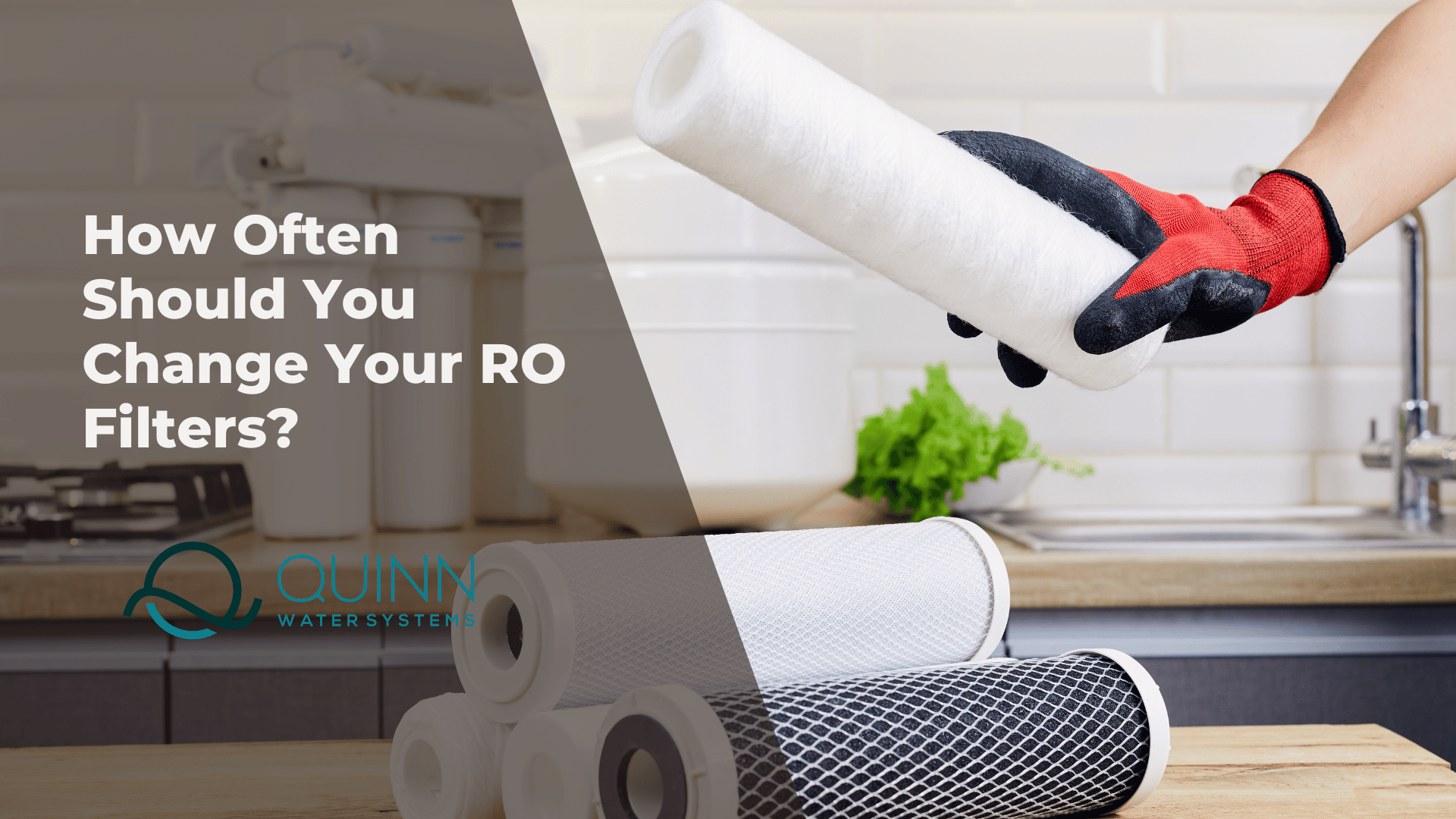
By understanding the common contaminants found in cottage water sources, you can better understand the importance of cottage water filtration and how it can help improve the quality of your water. In the next section, we'll explore the different types of water filtration systems available for cottage owners in Ontario.
How to Remove Common Contaminants from Cottage Water
Now that we've explored the common contaminants found in cottage water sources, let's take a look at the different types of water filtration systems available for cottage owners in Ontario. Please note that this is just our general recommendation. We always recommend consulting with a water treatment expert and testing the water before making any decisions on a specific water filtration system.
Ultraviolet (UV) disinfection for bacteria and viruses
Sediment filters for debris
Sediment filters are designed to capture and remove particles such as sand, silt, and sediment from your water. These filters are typically made from pleated paper, polyester, or spun polypropylene, and are rated by their ability to capture particles of different sizes. Sediment filters can help improve the appearance of your water and prevent clogging in your plumbing system.
Carbon filters for chemicals and heavy metals
Water Softeners for hard water minerals
Water Softeners are designed to remove hard water minerals such as calcium and magnesium from your water. These minerals can cause scaling and buildup in your plumbing system, leading to reduced water flow and damage over time. Water softeners work by exchanging the hard water minerals for sodium or potassium ions, which do not cause scaling.
By understanding the different types of water filtration systems available, cottage owners can make an informed decision on which system is right for their specific needs. It's important to remember that water quality can vary greatly depending on the location and source of the water, so consulting with a water treatment expert and testing the water is always recommended before making any decisions on a specific water filtration system.
In conclusion, understanding and addressing the common contaminants found in cottage water sources is crucial for ensuring clean, safe, and high-quality water for cottage living in Ontario. With the availability of various water filtration methods such as UV disinfection, sediment filters, carbon filters, and water softeners, cottage owners can effectively remove bacteria, viruses, debris, chemicals, heavy metals, and hard water minerals from their water supply.
Don't compromise on the quality of your cottage water. Prioritize cottage water filtration to ensure that your water is free from harmful contaminants and safe for various uses such as drinking, cooking, bathing, and more. With proper water filtration, you can fully enjoy the beauty of cottage living in Ontario while safeguarding the health and well-being of yourself and your family.
Cottage Water Consultation
Share this blog
Blog Posts
